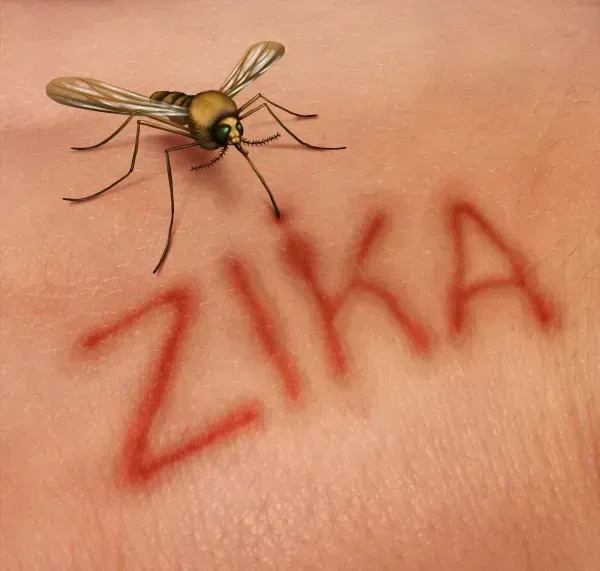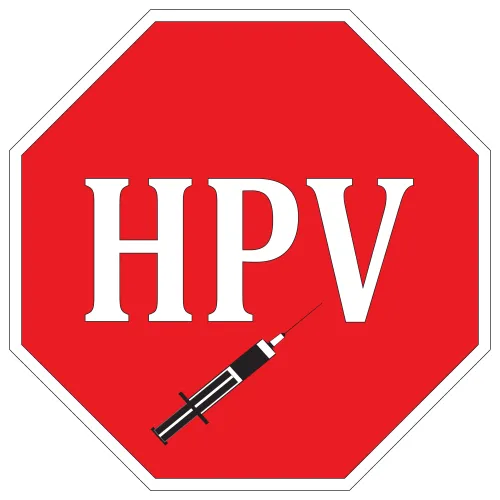Zika Virus Reporting: New Item in 2017 ICD-10

Use symptoms to support testing for the virus.
As more patients with Zika virus related illness are being diagnosed in the United States, you might soon see some cases where the physician suspects patients with such illnesses. In such a case, you will need to know if testing for Zika will currently receive coverage and the diagnostic codes that you will need to report for the condition.
Background: Since World Health Organization (WHO) declared Zika virus as a public health emergency of international concern in February 2016, the Centers for Medicare & Medicaid Services (CMS) announced through MLN Matters, Number SE1615, that it will provide coverage under Medicare Part B when patients are tested for the virus through diagnostic lab tests.
According to the Centers for Disease Control and Prevention (CDC), the Zika virus disease is a nationally notifiable condition that has caused outbreaks in many countries and territories. Although the virus is known to spread primarily through infected Aedes species mosquitoes, it has also been established to spread by other modes of transmission, such as blood transfusions, from the mother to child, and through sexual transmission.
The CDC has stated that there are some diagnostic tests that are available to help detect Zika virus, and they are made available through CDC and CDC-approved state health labs.
In the MLN Matters article, CMS has confirmed that coverage for these tests to confirm Zika virus will be covered under Medicare Part B. The article states that “Medicare Part B pays for clinical diagnostic laboratory tests that are reasonable and necessary for the diagnosis or treatment of a person’s illness or injury.”The article also clarifies that there is no specific Healthcare Common Procedure Coding System code that labs can use to report the testing for Zika. It instructs the labs to check with their local Medicare Administrative Contractors (MACs) to clarify the appropriate billing codes to use for Zika virus testing. It also tells the labs that, if requested, they should provide to the MACs details about resources and costs incurred for conducting the tests to help the MACs establish appropriate payment amounts for claims for the tests.
Report the Symptoms to Justify Zika Testing
Although your clinician is not going to be directly involved in the testing for Zika virus, he will have to establish the medical necessity of ordering the tests to be performed. According to WHO, the symptoms of Zika virus disease is similar to those seen in other arbovirus infections like dengue and include fever, skin rashes, joint pain, muscle pain, malaise, conjunctivitis, and headache.
In most of the cases, the symptoms will be very limited and mild in nature. The clinician might suspect Zika virus infection if the patient has had a recent travel history and had recently visited places that have a high prevalence of Zika viral illness.
If a physician suspects Zika related illness and orders the patient to be tested for the virus, you will have to report the diagnosis on the basis of the symptoms that the patient is experiencing. You will have to support the medical necessity of the testing by reporting these symptoms instead of using any specific code to report Zika virus related illness.
“You cannot and should not code the patient as having Zika until that has been confirmed,” says a coding specialist. “Absent a confirmed diagnosis, you should report the signs and symptoms that prompted the encounter and the test ordered.”
Example: An internal medicine physician reviews a 32-year-old male patient with symptoms of fever, joint pain, skin rashes, and headache. The patient had recently travelled to Rio to attend the Olympic Games. Since the patient has symptoms of a viral related illness and had a history of travel to a Zika prevalent place, the internist orders the patient to be tested for Zika virus. You will need to report the symptoms the patient is experiencing to justify medical necessity of the test.
So, you will report the following codes:
Learn the Code Choices to Report Screening
Your clinician might want to screen asymptomatic patients for Zika virus if the patient has had a recent history of travel to a Zika prevalent place or has had sexual contact with a person who either has Zika or has traveled to a Zika prevalent zone. When a patient is being screened for Zika virus, you need to be aware of the code choices to report the screening encounter.
If the patient is being screened for Zika virus because of his/ her travel history or the travel history of a sexual partner, you can report the encounter with Z11.59 (Encounter for screening for other viral diseases). If the patient is being screened as he/she has had sexual contact with a person who has Zika, you should consider reporting the encounter with Z20.828 (Contact with and [suspected] exposure to other viral communicable diseases).
How To Report When Zika is Confirmed
Upon testing, if you get a confirmation that the patient has Zika virus related illness, then you will have to know what diagnostic codes you will have to report for the condition. Until Oct 1, 2016 there was no specific code that you could report when Zika virus related illness was confirmed and you would report the condition with A92.8 (Other specified mosquito-borne viral fevers).
However the good news is that from Oct 1 2016, ICD-10-CM is including a new code, A92.5 (Zika virus disease) that you can now report as a specific code for Zika virus disease. If you look into the index of the ICD-10-CM manual, under “Z” there is a main term Zika virus with code A92.5. Similarly if you check the letter “D” and choose main term “Disease”, there is a sub-term Zika virus; and in the same way the main term “Fever” under the letter “F” contains a sub-term Zika virus. All of these lead to the code A92.5. Therefore when the documentation supports confirmed case of Zika virus NOS or Zika virus fever, Z92.5 can be reported.
Resources: For more information, check the MLN Matters article at https://www.cms.gov/Outreach-and-Education/Medicare-Learning-Network-MLN/MLNMattersArticles/Downloads/SE1615.pdf and the WHO factsheet on Zika virus at http://www.who.int/mediacentre/factsheets/zika/en/.




